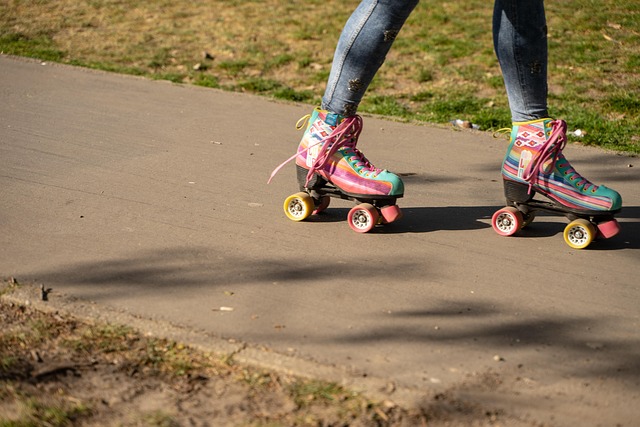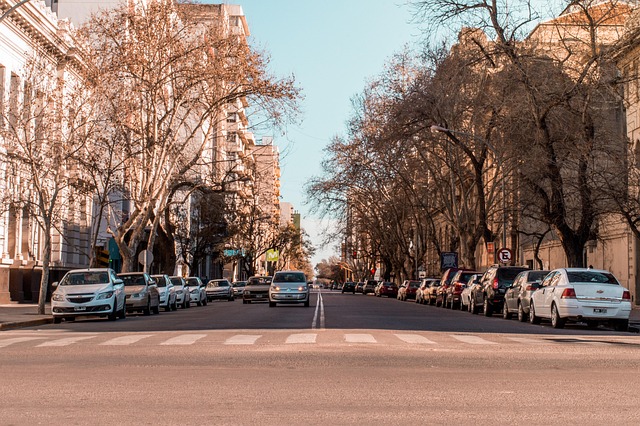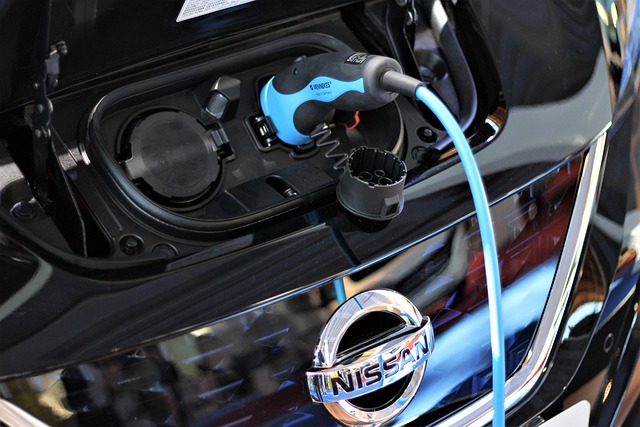The evolution of Budapest’s public transport network is a case study in how a city can merge efficiency with ecological responsibility. Over the past decade, BKK Transport has shifted its focus from conventional diesel fleets to a portfolio of green technologies, aiming to lower its carbon footprint while maintaining the high reliability residents expect. This transformation is rooted in the city’s broader sustainable development strategy, which recognizes that mobility is a cornerstone of urban resilience and environmental stewardship.
From Diesel to Electric: The Fleet Transformation
BKK Transport’s commitment to electrification began in 2015 with the introduction of its first battery‑powered buses. By 2023, more than 200 electric vehicles were operating on city routes, representing roughly 25 % of the total bus fleet. These vehicles consume only a fraction of the energy that diesel buses would require, translating into a measurable drop in greenhouse gas emissions. Each electric bus can replace several diesel units over its lifetime, compounding the environmental benefit.
- Average daily energy consumption per electric bus: 35 kWh.
- Estimated annual CO₂ savings per vehicle: 1.5 t.
- Projected full fleet electrification by 2035.
Renewable Energy Integration
Electrification alone would not achieve true carbon neutrality without a clean source of electricity. BKK Transport partnered with the City of Budapest’s renewable energy program to install solar panels at key depots and along high‑traffic corridors. The solar installations generate enough electricity to power approximately 30 % of the electric bus fleet during peak sunny months. Additionally, BKK has negotiated power purchase agreements that guarantee 70 % of its grid consumption comes from renewable sources.
Smart Infrastructure and Data‑Driven Routing
Reducing the ecological footprint is not limited to vehicle technology; it also involves optimizing how those vehicles move. BKK Transport employs advanced GPS tracking and real‑time traffic data to adjust routes dynamically, preventing unnecessary idling and detours. This approach cuts fuel consumption in traditional buses and battery drain in electric ones, enhancing the overall efficiency of the network.
- Implementation of a centralized traffic management system.
- Use of predictive analytics to anticipate peak demand.
- Real‑time passenger information to encourage modal shifts.
Energy‑Efficient Stations and Regenerative Braking
Every BKK depot is upgraded with regenerative braking systems that capture kinetic energy during braking and feed it back into the power grid or the bus batteries. Combined with LED lighting and HVAC systems powered by renewable electricity, station infrastructure now consumes significantly less energy than the older, non‑optimized designs. These upgrades contribute to a measurable decrease in the overall carbon intensity of the transport network.
Citizen Engagement and Incentivized Modal Shift
Public transport sustainability is as much about people as it is about technology. BKK Transport has launched a “Green Pass” program that rewards frequent riders with discounted fares when they use electric or hybrid vehicles. The program also includes a mobile app that tracks individual carbon savings, turning daily commutes into a tangible contribution to the city’s environmental goals. By aligning passenger incentives with ecological outcomes, BKK encourages a cultural shift towards greener mobility habits.
Multi‑Modal Integration and Bike‑Sharing Partnerships
To broaden its impact, BKK Transport has integrated with the city’s bike‑sharing network, offering seamless ticketing across buses, trams, and bicycles. This interconnectivity reduces reliance on motorised transport for short trips, lowering emissions and improving air quality. The combined system also helps distribute passenger flow more evenly across the city, reducing congestion and the associated environmental toll.
Environmental Impact Assessment and Reporting
BKK Transport conducts annual environmental audits that measure CO₂ emissions, energy consumption, and waste generation. These reports are made publicly available, ensuring transparency and accountability. The latest assessment, covering the 2022 fiscal year, indicates a 22 % reduction in overall emissions compared to 2018, a milestone that underscores the effectiveness of the integrated green strategy.
“The data shows that coordinated action across fleet, infrastructure, and passenger behavior yields measurable environmental benefits.” – Director of Sustainable Mobility, BKK Transport
Future Roadmap and Carbon‑Neutral Vision
Looking ahead, BKK Transport aims to achieve carbon neutrality by 2040. Key initiatives on the roadmap include: expanding the electric fleet to 80 % of all vehicles, installing additional solar farms, adopting hydrogen fuel cell technology for long‑distance routes, and enhancing data analytics for further efficiency gains. The strategy also envisions a circular economy approach to vehicle end‑of‑life, ensuring that components are recycled or repurposed rather than discarded.
Collaboration with Academic and Private Partners
The success of BKK’s green transition has been facilitated by partnerships with universities, research institutes, and private firms. Joint projects have explored battery storage solutions, lightweight vehicle materials, and AI‑driven traffic optimization. These collaborations bring cutting‑edge knowledge to the city’s public transport system, accelerating innovation while sharing risks and rewards among stakeholders.
Community Outreach and Education Initiatives
BKK Transport runs regular workshops and school programs to educate residents about the environmental impact of transportation choices. By involving citizens in data collection—such as citizen‑science air quality monitoring—BKK empowers the public to participate actively in sustainability efforts. These outreach activities help build a shared sense of responsibility, reinforcing the cultural shift toward greener mobility.
Conclusion: A Model for Urban Mobility
Budapest’s BKK Transport illustrates how a city’s public transport network can evolve to become both efficient and environmentally responsible. Through a combination of electric and renewable energy integration, smart infrastructure, passenger engagement, and transparent reporting, the system has reduced its ecological footprint significantly while maintaining high service quality. The ongoing commitment to carbon neutrality, supported by research partnerships and community involvement, positions BKK as a model for sustainable urban mobility worldwide. As cities around the globe confront climate challenges, BKK Transport’s experience offers practical lessons on how to translate ambition into action and technology into tangible environmental benefits.



